Since Greek antiquity, there have been two fundamentally different conceptualizations of the search for truth. On the one hand, platonic politics proposed to control the city by subjecting political expression to the philosophical concept. On the other hand, the rhetorical tradition opposed the logocratic and universal claim of philosophy, in the name of the diversity of subjectivities and forms of life that composed the demos, and justified democratic deliberation as a form and process of agreement and democratic agency.
This symposium aims to develop a critique of the current debates about Post-Truth and fakeness, and specifically of Big Tech’s effort to frame the political expression of the demos as it solidifies its control over the digital economy. It will seek to rehabilitate the critical force of the rhetorical tradition, denounce the illusion of a digital democracy organized by the platforms of digital capitalism, and propose instead a productive posture rooted in the articulation between critical theory and political economy.
Going beyond calls for the prohibition of deepfakes, this conversation aims to evaluate and exploit the rhetorical potential of deepfakes for democracy. Do deepfakes, through the circulation and reappropriation of symbolic images, have democratic value? How can we promote an alternative rhetorical paradigm to the alienating alliance of surveillance capitalism, computational capitalism, computational sciences, and data sciences?
Read the Argument
Event Details
REGISTER
Zoom link: https://berkeley.zoom.us/j/98640307771
Location: Social Science Matrix, 820 Social Sciences Building, UC Berkeley. The event will also be streamed online via Zoom.
Organizer: Igor Galligo, Visiting Scholar, UC Berkeley Department of Rhetoric; Founder, Automedias.org
Funding and Scientific Partners:
Scientific Partners at UC Berkeley:
Other Scientific Partner:
Saas-Fee Summer Institute of Art
Program
- Opening 9.am – 9.15am: Igor Galligo, UC Berkeley, UPL, NEST, Founder of Automedias.org
First Session: Rhetoric, Democracy and “Post-Truth”
How are rhetoric and fakeness consubstantial with democracy? To what conception of truth does the notion of “post-truth” correspond? And why is Post-Truth a problematic notion for the rhetorical tradition?
– 9.20am – 9.45 am: James Porter (UC Berkeley, Rhetoric Department)
– 9.50am – 10.15am: Linda Kinstler (UC Berkeley, Rhetoric Department)
– 10.20am – 10.30am: Chiara Cappelletto (State University of Milan, CSTMS)
– 10.30am – 10.50am: Collective discussion with the audience
Second Session: Subjectivity, Digital Computationalism and Artificial Intelligence
How does the theorization of contemporary computing, which gave birth to the Internet and artificial intelligence, and which is based on computationalism, constitute a problematic conception of subjectivity? How is this conception opposed to the rhetorical and hermeneutic tradition? What conceptions of truth are discarded by computationalism?
– 11.00 – 11.25: David Bates (UC Berkeley, Rhetoric Department)
– 11.30 – 11.55: Warren Neidich (Saas-Fee Summer Institute of Art)
– 12.00 – 12.10: Morgan Ames (UC Berkeley, School of Information, CSTMS)
– 12.10 – 12.30: Collective discussion with the audience
Third Session: Critical Digital Rhetoric
What renewals can be made within the rhetorical tradition to adapt it to the digital political and Artificial Intelligence contexts? What critical political powers can digital rhetoric retain in the face of computational digital media, fed by data sciences in the new social spaces that are the Internet and social networks?
– 14.00 – 14.25: Nina Begus (UC Berkeley, CSTMS)
– 14.30 – 14.55: Justin Hodgson (Indiana University, Department of English)
– 15.00 – 15.10: Nathan Atkinson (UC Berkeley, Rhetoric Department)
– 15.10 – 15.30: Collective discussion with the audience
Fourth Session: Computational Capitalism and Surveillance Capitalism in light of the Deepfake.
What conceptions and productions of truth do computational capitalism and surveillance capitalism promote? And against what conceptions or practices of producing truth do they discriminate? To which social groups, does this discrimination pose problems of expression and individuation today?
– 15.40 – 16.05: Marion Fourcade (UC Berkeley, Social Sciences Matrix, N2PE)
– 16.10 – 16.35: Igor Galligo (UC Berkeley, UPL, NEST, Founder of Automedias.org)
– 16.40 – 16.50: Konrad Posch (UC Berkeley, Political Science, N2PE)
– 16.50 – 17.10: Collective discussion with the audience
Fifth Session: For a New Digital Political Economy of Deepfake
How to extend the digital political economy to the symbolic and iconic economy? What new rhetorical and hermeneutic economy of truth can political economy invent? What circuits of collective truth production can political economy develop to grant the deepfake political meaning and value?
– 17.20 – 17.45: Martin Kenney (UC Davis, Department of Human Ecology, BRIE)
– 17.50 – 18.15: Mark Nitzberg (UC Berkeley, BRIE, BCHC, BAIR)
– 18.20 – 18.35: John Zysman (UC Berkeley, BRIE, CITRIS)
– 18.35– 18.55: Collective discussion with the audience
Illustration credit: Lyes Hammadouche
View Map
 This talk will feature Zachary Bleemer, Assistant Professor of Economics at Princeton University, who co-authored a new book, Metrics That Matter: Counting What’s Really Important to College Students, that explores popular metrics used by future and current college students, with chapters focusing on colleges’ return on investment, university rankings, average student debt, average wages by college major, and more. The authors draw on decades of scholarship from many academic fields to pair each metric with a concrete recommendation for alternative information, both qualitative and quantitative, that would be more useful and meaningful for students to consider.
This talk will feature Zachary Bleemer, Assistant Professor of Economics at Princeton University, who co-authored a new book, Metrics That Matter: Counting What’s Really Important to College Students, that explores popular metrics used by future and current college students, with chapters focusing on colleges’ return on investment, university rankings, average student debt, average wages by college major, and more. The authors draw on decades of scholarship from many academic fields to pair each metric with a concrete recommendation for alternative information, both qualitative and quantitative, that would be more useful and meaningful for students to consider.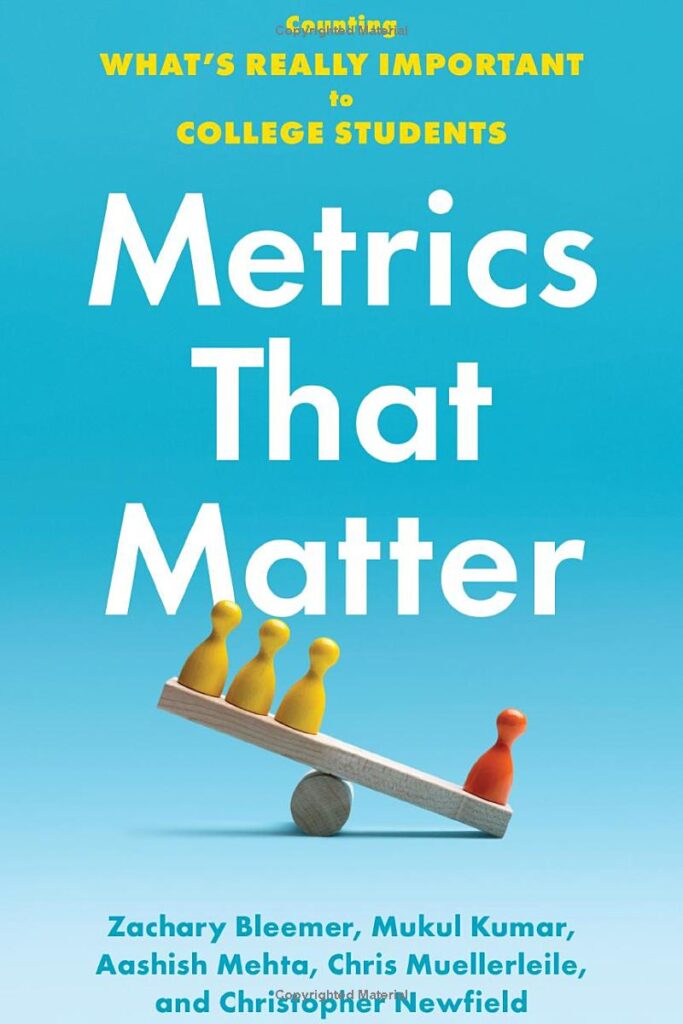

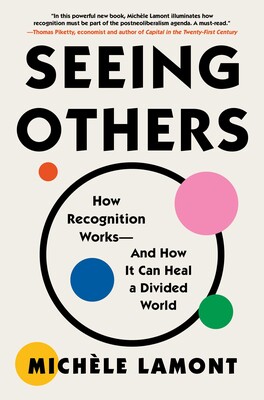 In this capstone work, Michèle Lamont unpacks the power of recognition—rendering others as visible and valued—by drawing on nearly forty years of research and new interviews with young adults, and with cultural icons and change agents who intentionally practice recognition—from Nikole Hannah Jones and Cornel West to Michael Schur and Roxane Gay. She shows how new narratives are essential for everyone to feel respect and assert their dignity.
In this capstone work, Michèle Lamont unpacks the power of recognition—rendering others as visible and valued—by drawing on nearly forty years of research and new interviews with young adults, and with cultural icons and change agents who intentionally practice recognition—from Nikole Hannah Jones and Cornel West to Michael Schur and Roxane Gay. She shows how new narratives are essential for everyone to feel respect and assert their dignity.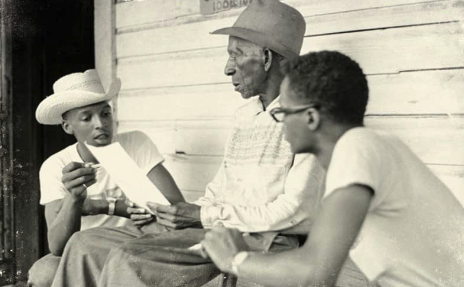
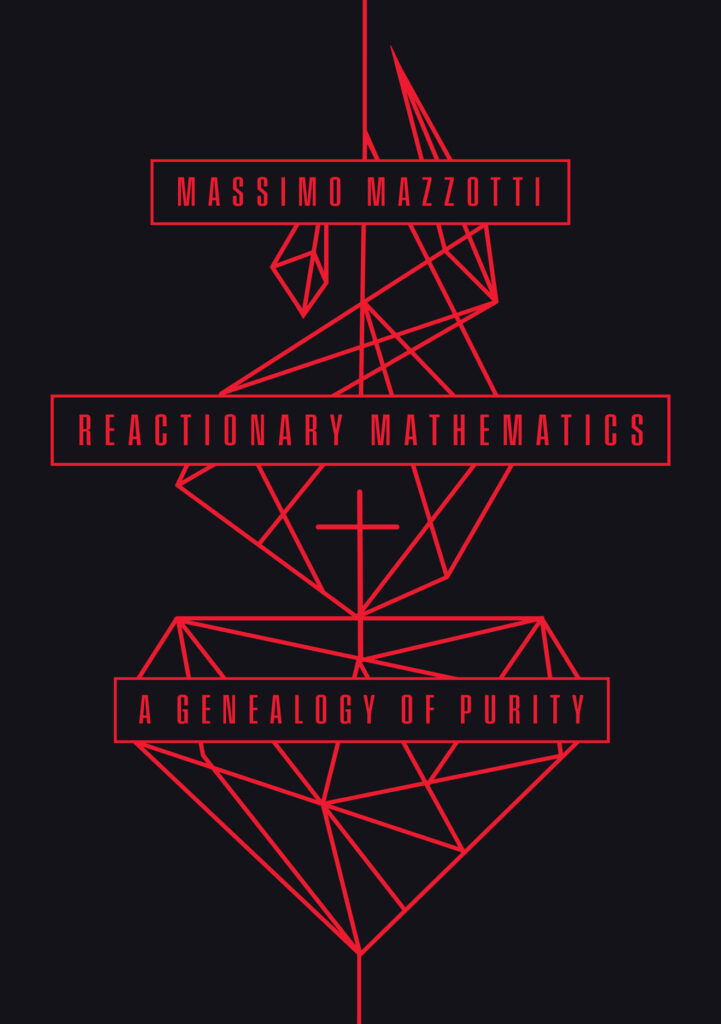





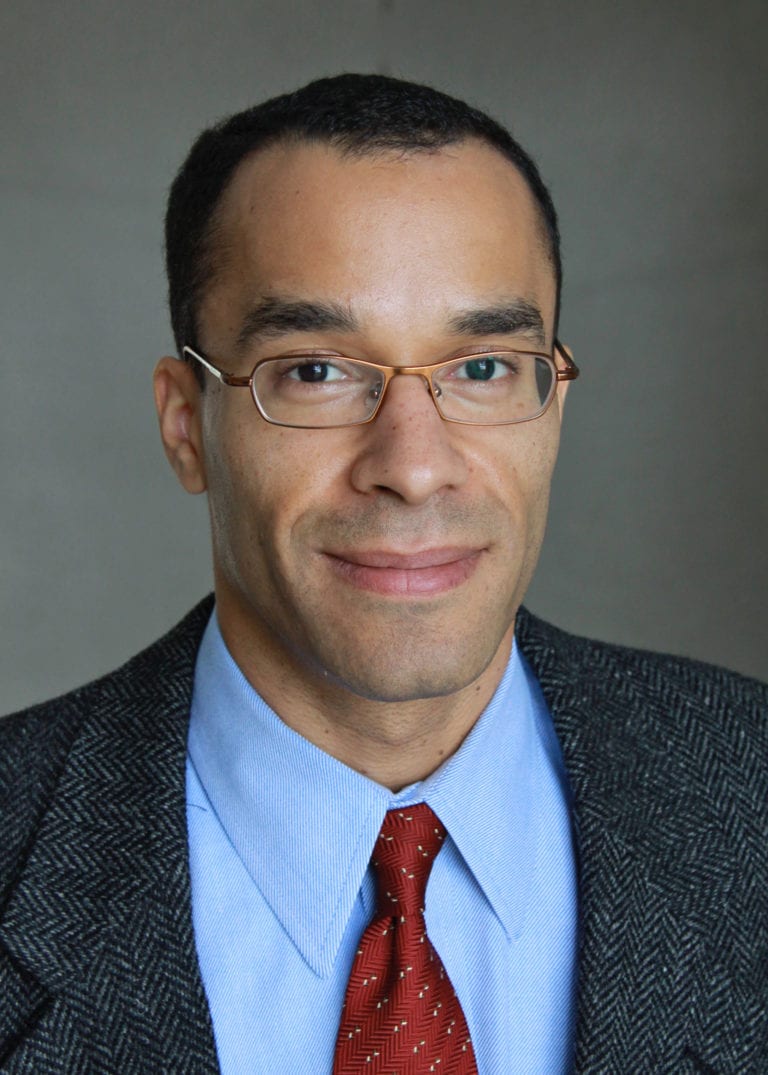


 Lisa García Bedolla
Lisa García Bedolla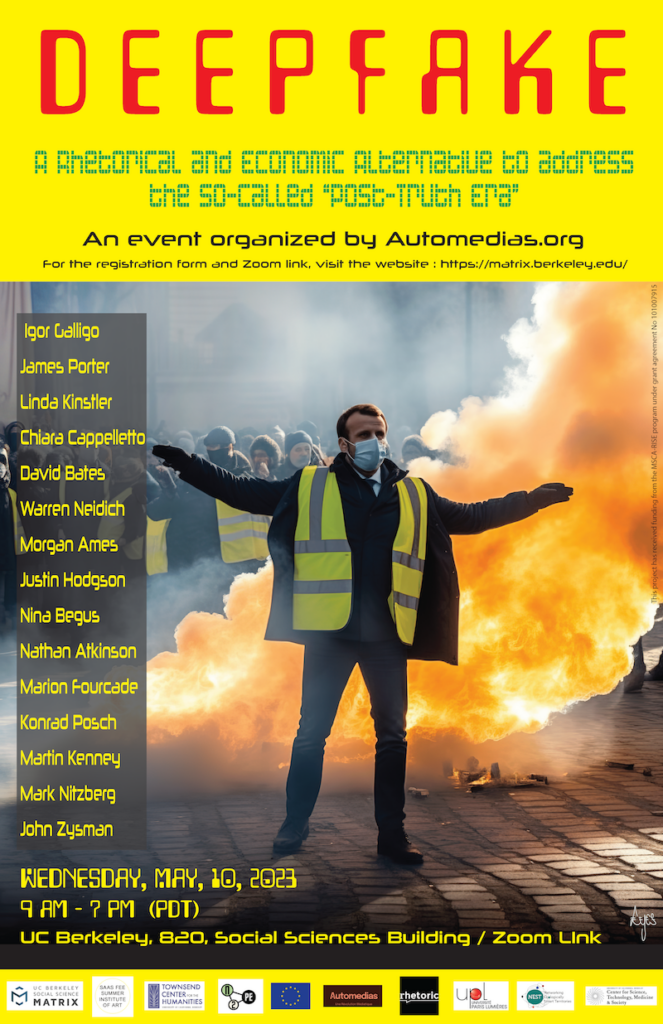

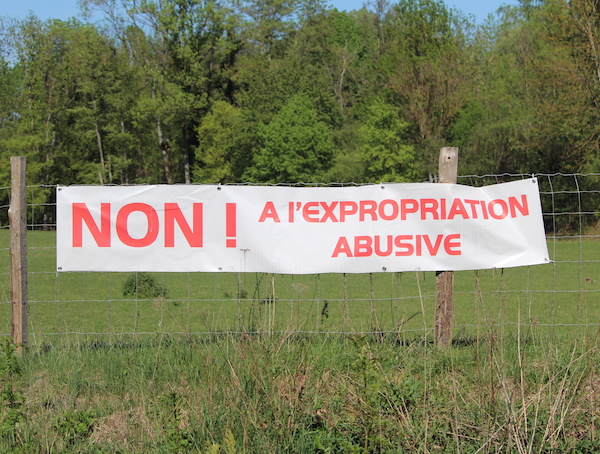

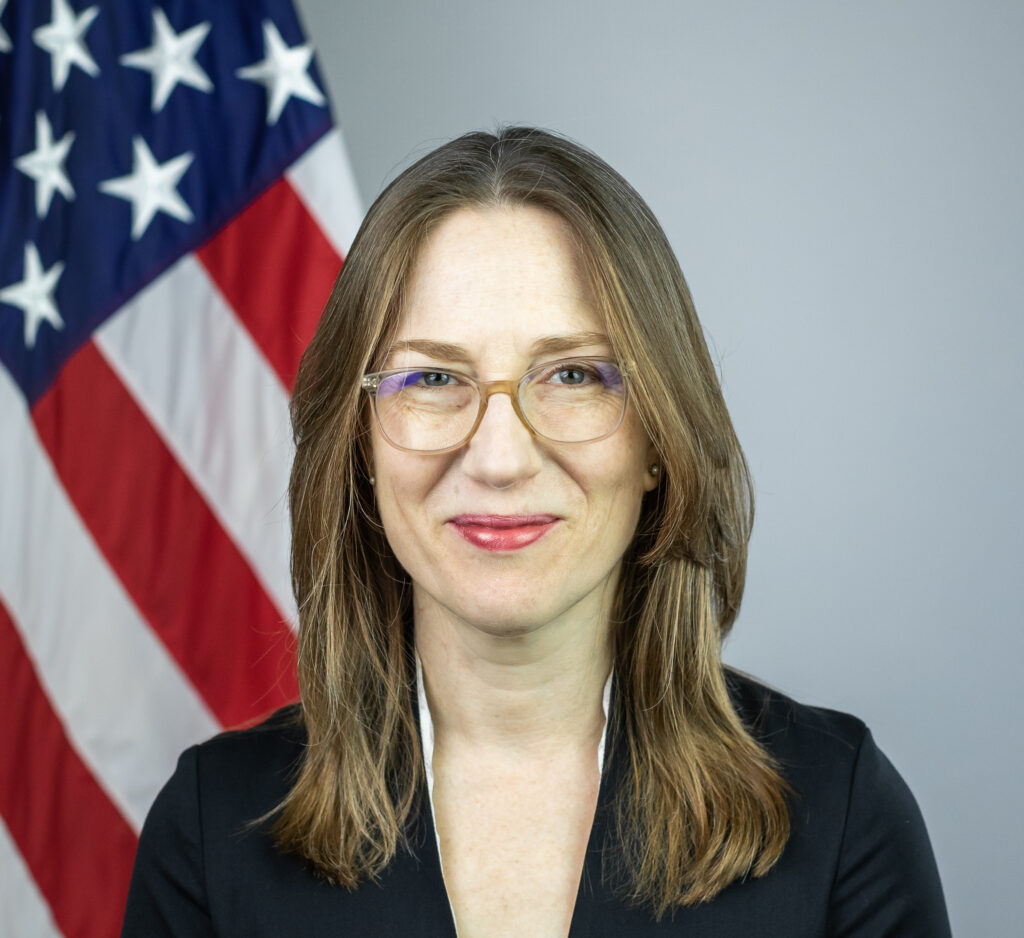




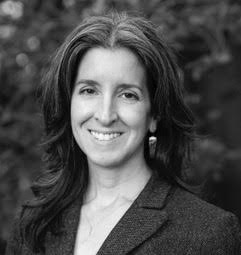 Elena Conis
Elena Conis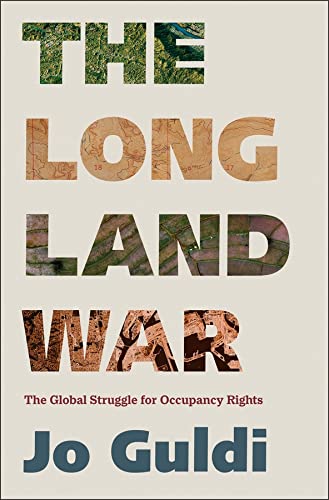
 Jo Guldi, professor of history and practicing data scientist at Southern Methodist University, is author of four books: Roads to Power: Britain Invents the Infrastructure State (Harvard 2012), The History Manifesto (Cambridge 2014), The Long Land War: The Global Struggle for Occupancy Rights (Yale 2022), and The Dangerous Art of Text Mining (Cambridge forthcoming). Her historical work ranges from archival studies in nation-building, state formation, and the use of technology by experts. She has also been a pioneer in the field of text mining for historical research, where statistical and machine-learning approaches are hybridized with historical modes of inquiry to produce new knowledge. Her publications on digital methods include “The Distinctiveness of Different Eras,” American Historical Review (August 2022) and “The Official Mind’s View of Empire, in Miniature: Quantifying World Geography in Hansard’s Parliamentary Debates,” Journal of World History 32, no. 2 (June 2021): 345–70. She is a former junior fellow at the Harvard Society of Fellows.
Jo Guldi, professor of history and practicing data scientist at Southern Methodist University, is author of four books: Roads to Power: Britain Invents the Infrastructure State (Harvard 2012), The History Manifesto (Cambridge 2014), The Long Land War: The Global Struggle for Occupancy Rights (Yale 2022), and The Dangerous Art of Text Mining (Cambridge forthcoming). Her historical work ranges from archival studies in nation-building, state formation, and the use of technology by experts. She has also been a pioneer in the field of text mining for historical research, where statistical and machine-learning approaches are hybridized with historical modes of inquiry to produce new knowledge. Her publications on digital methods include “The Distinctiveness of Different Eras,” American Historical Review (August 2022) and “The Official Mind’s View of Empire, in Miniature: Quantifying World Geography in Hansard’s Parliamentary Debates,” Journal of World History 32, no. 2 (June 2021): 345–70. She is a former junior fellow at the Harvard Society of Fellows.